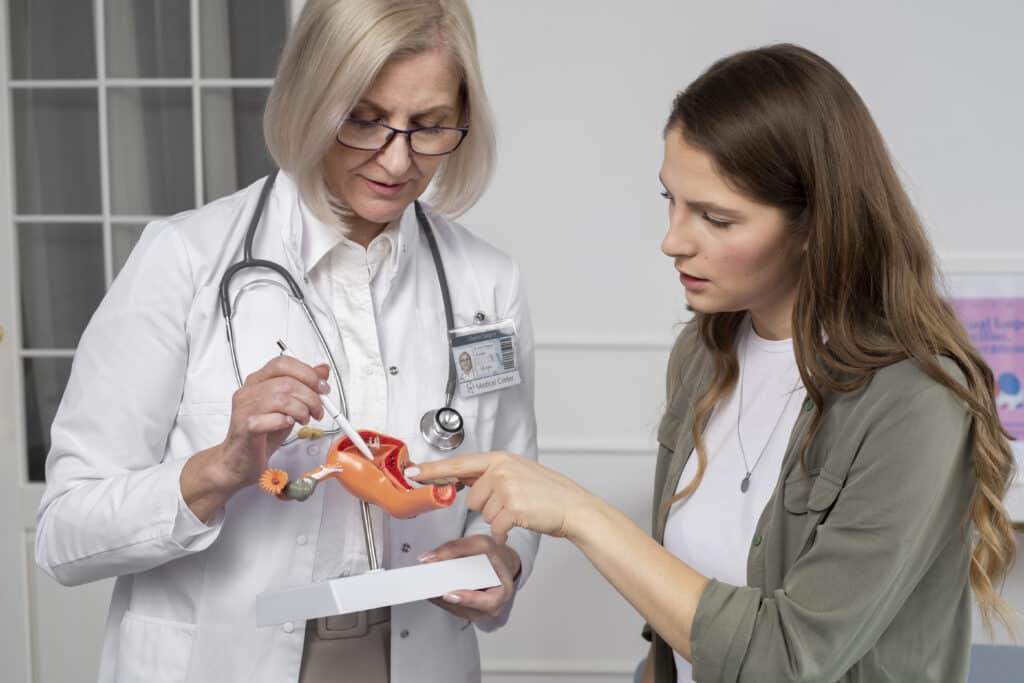Menopause is a natural part of life. It marks the end of the menstrual cycle. Obstetricians and gynecologists play a key role during this transition. They help manage changes and symptoms. Angela Pollard, MD, explains that with the right support, this phase can be smoother. Understanding what to expect helps in making informed decisions. Let’s explore how these specialists guide us through menopause.
What to Expect During Menopause
Menopause often begins between ages 45 and 55. It can come with various symptoms, including hot flashes and mood swings. Changes in sleep patterns and metabolism are common. Obstetricians and gynecologists can help understand these changes.
The Role of Obstetricians and Gynecologists
These specialists offer essential support and guidance. They provide information on:
- Hormone Replacement Therapy (HRT)
- Lifestyle changes
- Bone health management
Hormone Replacement Therapy can ease symptoms. Doctors will help decide if this option suits individual needs. They also suggest lifestyle changes, like diet and exercise. This helps manage weight and boosts overall health.
Managing Symptoms Effectively
Symptom management is crucial. Not everyone experiences menopause the same way. A customized approach is often best. Regular check-ups with an obstetrician or gynecologist ensure that plans adjust as needed.
| Symptom | Common Solutions |
| Hot Flashes | HRT, cooling techniques |
| Mood Swings | Therapy, stress management |
| Sleep Problems | Sleep hygiene, relaxation exercises |
Health Checks and Screenings
Regular health checks are crucial. They help track changes and monitor bone health and cardiovascular health. The Office on Women’s Health recommends routine screenings to detect any potential issues early. These screenings include mammograms and bone density tests.
Staying Informed and Prepared
Knowledge is empowering. Staying informed about menopause helps prepare for changes. Reading helpful resources and talking to a doctor provides better insights. With the support of obstetricians and gynecologists, menopause can be another step in life’s journey, rather than a hurdle.
Conclusion
Menopause is a significant life transition. Obstetricians and gynecologists provide essential support during this time. Their expertise makes the journey easier and more manageable. By understanding what to expect and taking proactive steps, menopause can be navigated with confidence. Regular visits to healthcare providers ensure that you remain healthy and informed throughout the transition.
